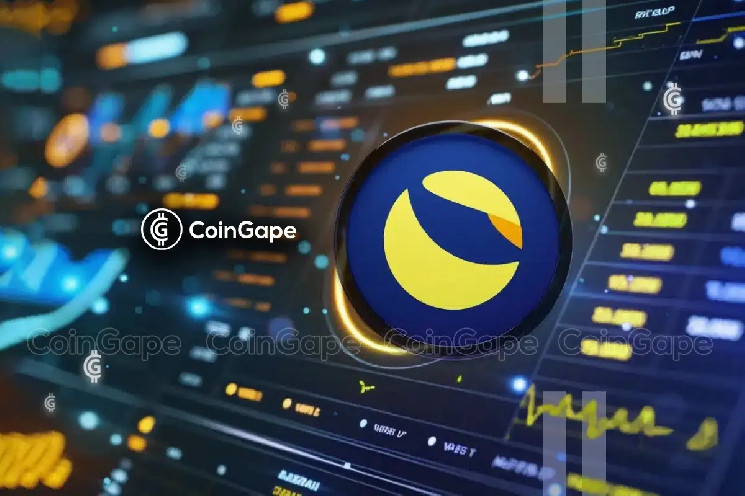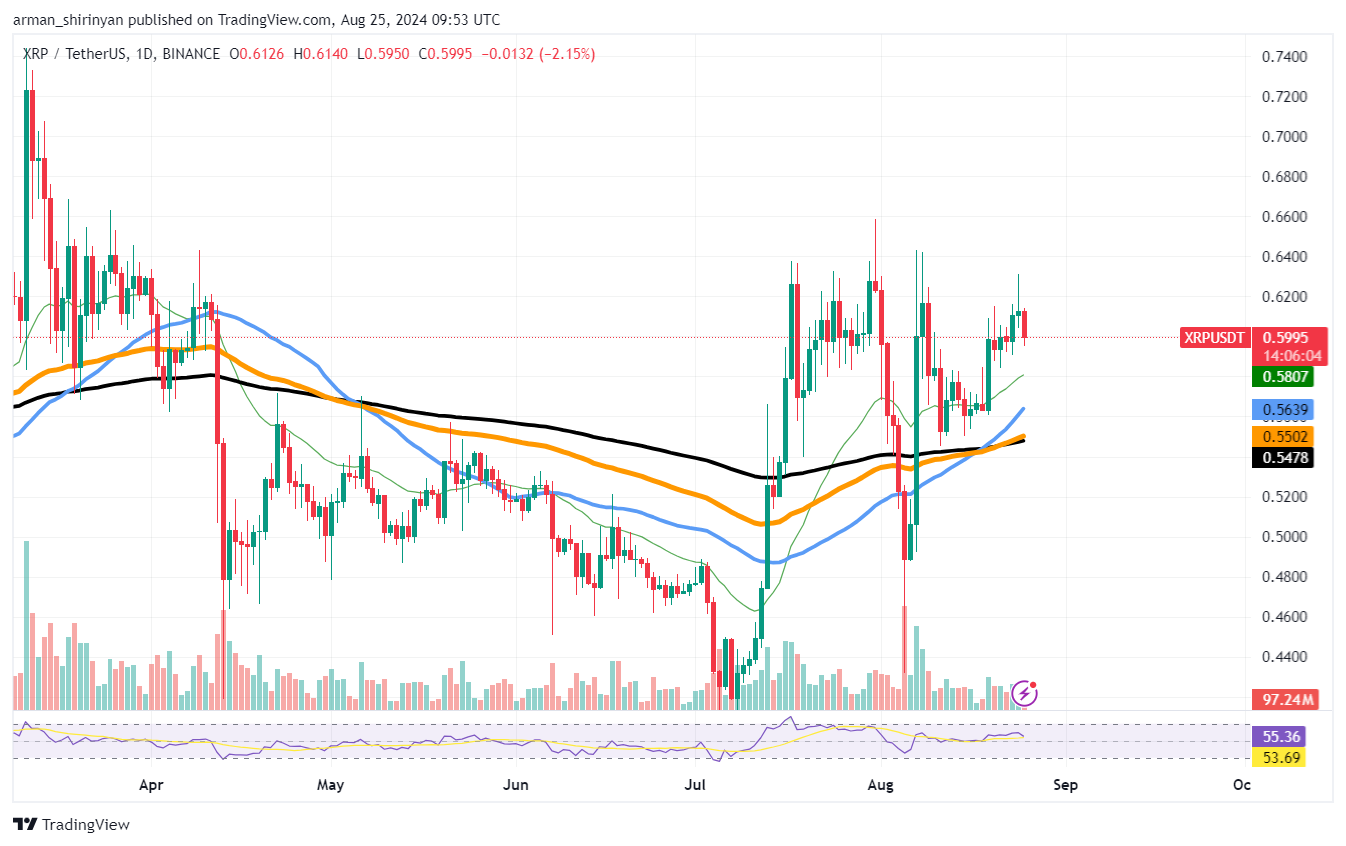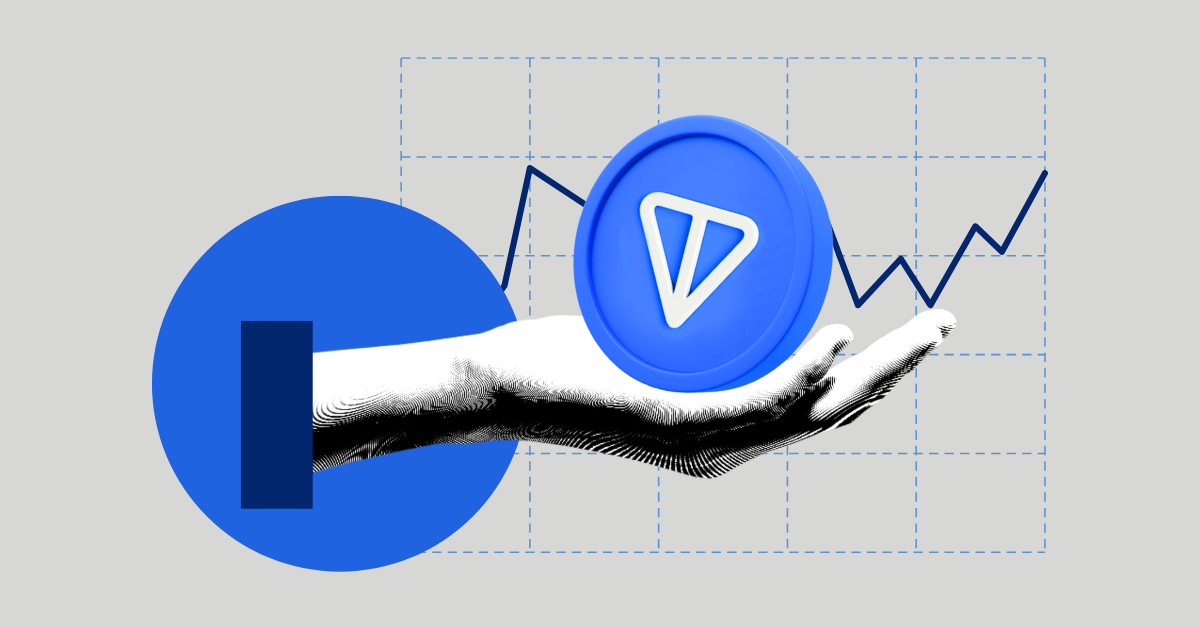Contents
- Cardano (ADA) scripts might be able to sign messages: Why is this crucial?
- Building more powerful L2s, dApp ecosystems on Cardano (ADA)
Advertisement
One new opportunity can make Cardano (ADA) dramatically more developer-friendly. With scripts being able to sign on-chain messages, the network might become even more optimized than its key rival, Ethereum (ETH).
Cardano (ADA) scripts might be able to sign messages: Why is this crucial?
Once Cardano (ADA) scripts are able to sign on-chain messages, new use cases will be unlocked for Cardano (ADA) decentralized applications. A detailed analysis of this design was shared by top Cardano (ADA) contributor Sebastien Guillemot in an X thread.
On the Ethereum (ETH) and EVM networks, similar action involves using a Merkle tree for data broadcasting. By contrast, Cardano’s UTXO-based design makes using scripts for signing messages faster.
These scripts can also be useful for Cardano’s L2s and dApps. For instance, its EVM layer, Milkomeda, is among the beneficiaries of this update.
However, if Milkomeda’s script could emit events, it could:
1. Get Milkomeda users to vote the EVM layer for which proposals they want to support.
2. The Milkomeda script could sign up to Catalyst.
3. It could vote to reflect user preferences.
Compared to other similar solutions, this one could also simplify the usage of indexer, the developer added. Both Plutus datum and transaction metadata will address such challenges.
Building more powerful L2s, dApp ecosystems on Cardano (ADA)
The inception of messages signed by the scripts concept might be a game-changer for Cardano’s (ADA) L2 ecosystem.
Better support for message signing in Cardano (ADA) could make writing dApps and L2s connecting to Cardano much easier, cheaper and safer, Guillemot concluded.
As covered by U.Today previously, Cardano’s contributor Rick McCracken indicated potential issues with ADA crypto as a backbone of Cardano’s economics.







